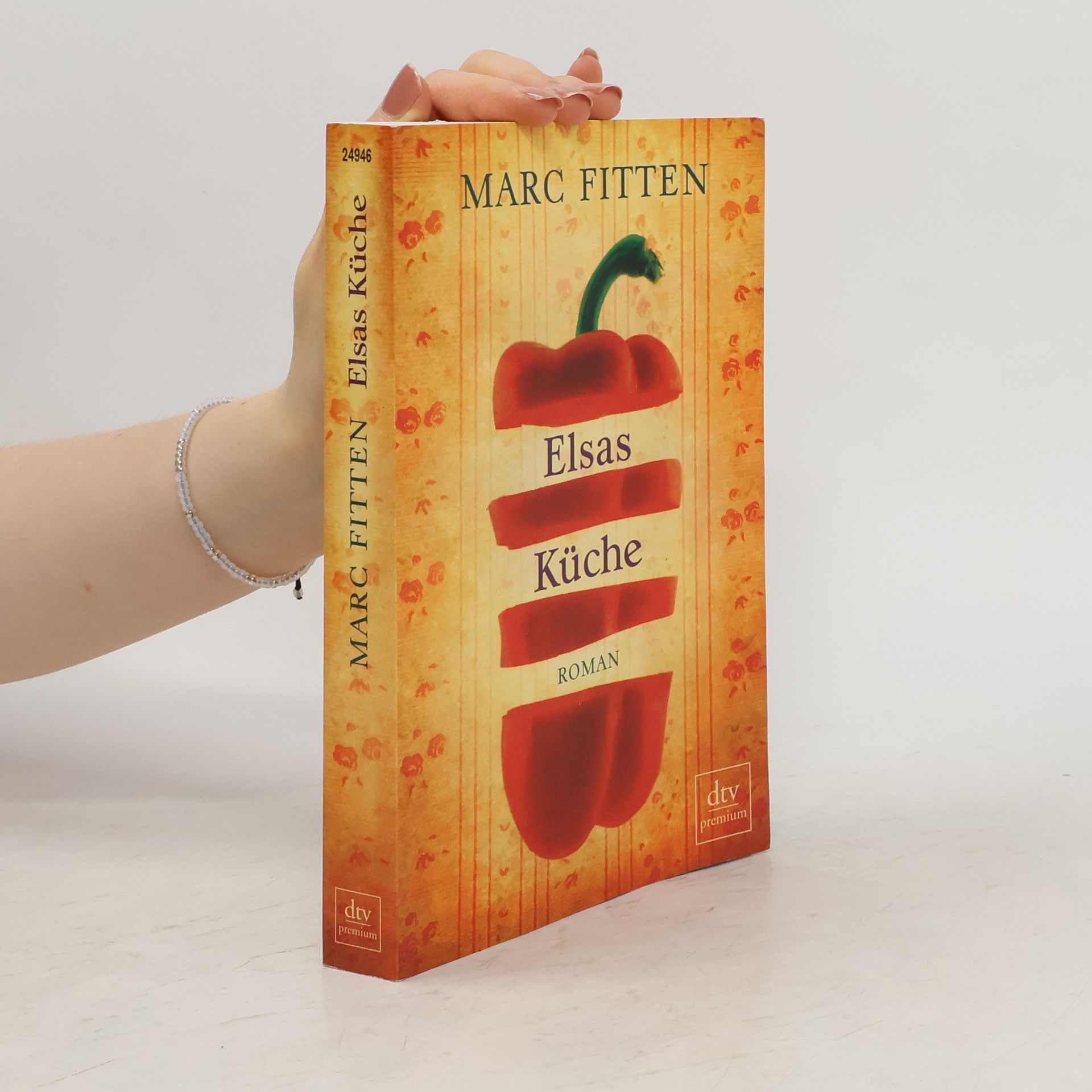In sixty-eight years, Valeria has never minced her words. Harrumphing through her isolated little village deep in the Hungarian steppes, she clutches her shopping basket like a battering ram and leaves nothing uncriticised - flaccid vegetables at the market; idle farmers carousing in Ibolya's Nonstop Tavern; that gauche chimpanzee of a mayor and his flashy, leggy wife; people who whistle. But one day, her spinster's heart is struck by an unlikely arrow- the village potter, with his decisive hands and solid gaze. Valeria finds herself suddenly dressing in florals and touching her hair, and what's more, smiling at people in the street. The potter makes her the most beautiful vase she has ever seen. The farmers buy a celebratory round. The problem with all this is that Ibolya (herself at least fifty-eight) has been romancing the potter for months and vows to win him back. And then there's Ferenc, the sugar beet farmer, red-headed and married but all the same hopelessly in love with Ibolya. Meanwhile the mayor has his own problems, mostly involving foreign investors and a non-existent railway. And then a roving chimney sweep arrives in the village, to make a quick buck and bring some good luck - or perhaps bad luck; no one can really decide. All anyone knows is, there's never been such a hullabaloo, which just goes to show it's never too late to try something new.
Marc Fitten Knihy
Marc Fitten je autorem, jehož díla zkoumají hloubku lidské zkušenosti s jedinečným stylistickým citem. Jeho psaní se vyznačuje pronikavou psychologií postav a plynulým vypravěčským stylem. Prostřednictvím svých příběhů se Fitten často zaměřuje na témata odolnosti, identity a složitosti mezilidských vztahů. Jeho schopnost zachytit jemné nuance emocí z něj činí autora, jehož díla rezonují u čtenářů a nutí je k zamyšlení.


Elsa und das Rezept ihres Lebens Die ›Tulpe‹, das einzige gehobene Restaurant in Delibab, ist ein voller Erfolg. Elsa, die Chefin, genießt gesellschaftliches Ansehen und finanzielle Sicherheit, am Abend liegen ihr die Gäste zu Füßen, nachts teilt sie das Bett mit einem Liebhaber. Und dennoch: Glück schmeckt anders. Elsa beschließt, sich um die ›Silberne Suppenkelle‹, die höchste gastronomische Auszeichnung Ungarns zu bemühen. Auf dem Weg zur Starköchin jedoch kommt ihr allerhand in die Quere: eine junge talentierte Konditorin, eine Bande kleiner Roma-Kinder und vor allem der hochanspruchsvolle Gaumen eines einsamen Restaurantkritikers ... Elsa träumt davon, aus den Zutaten des Lebens ein feineres Gericht zu erschaffen. Fingerspitzengefühl ist dabei jedoch nicht immer ihre Stärke. Und so schmeckt das Leben mitunter bitter – bis sie begreift, dass das, was wir haben, manchmal schon das Glück ist.